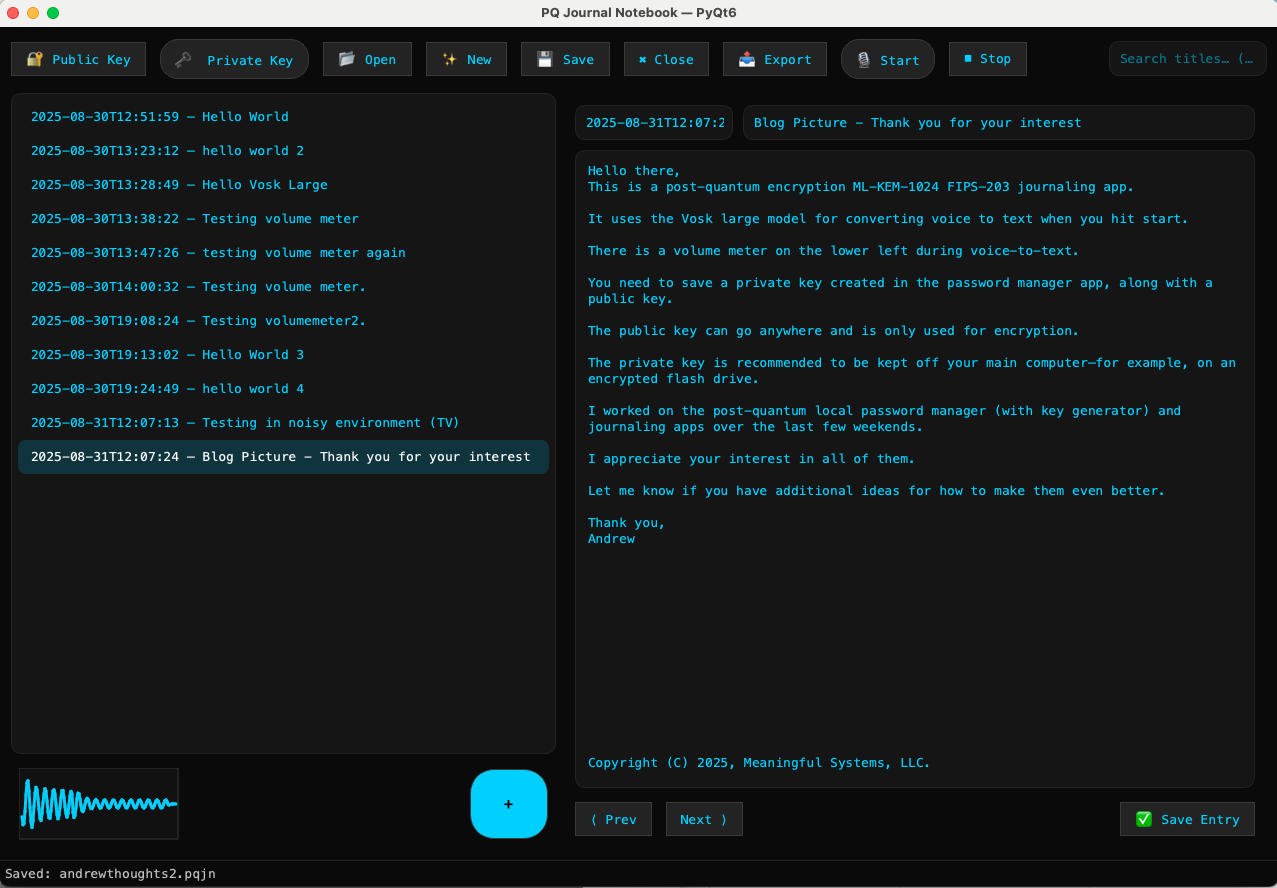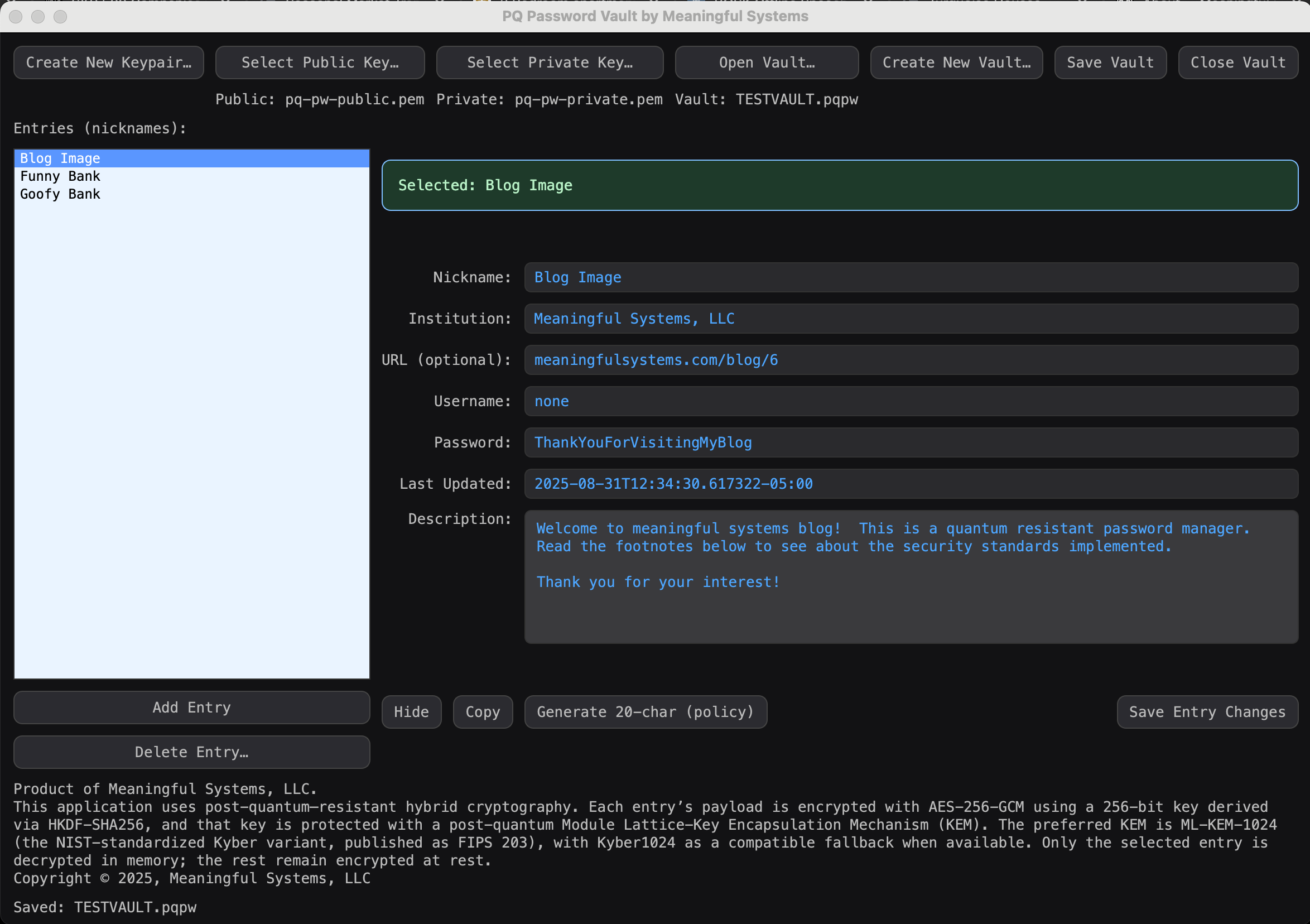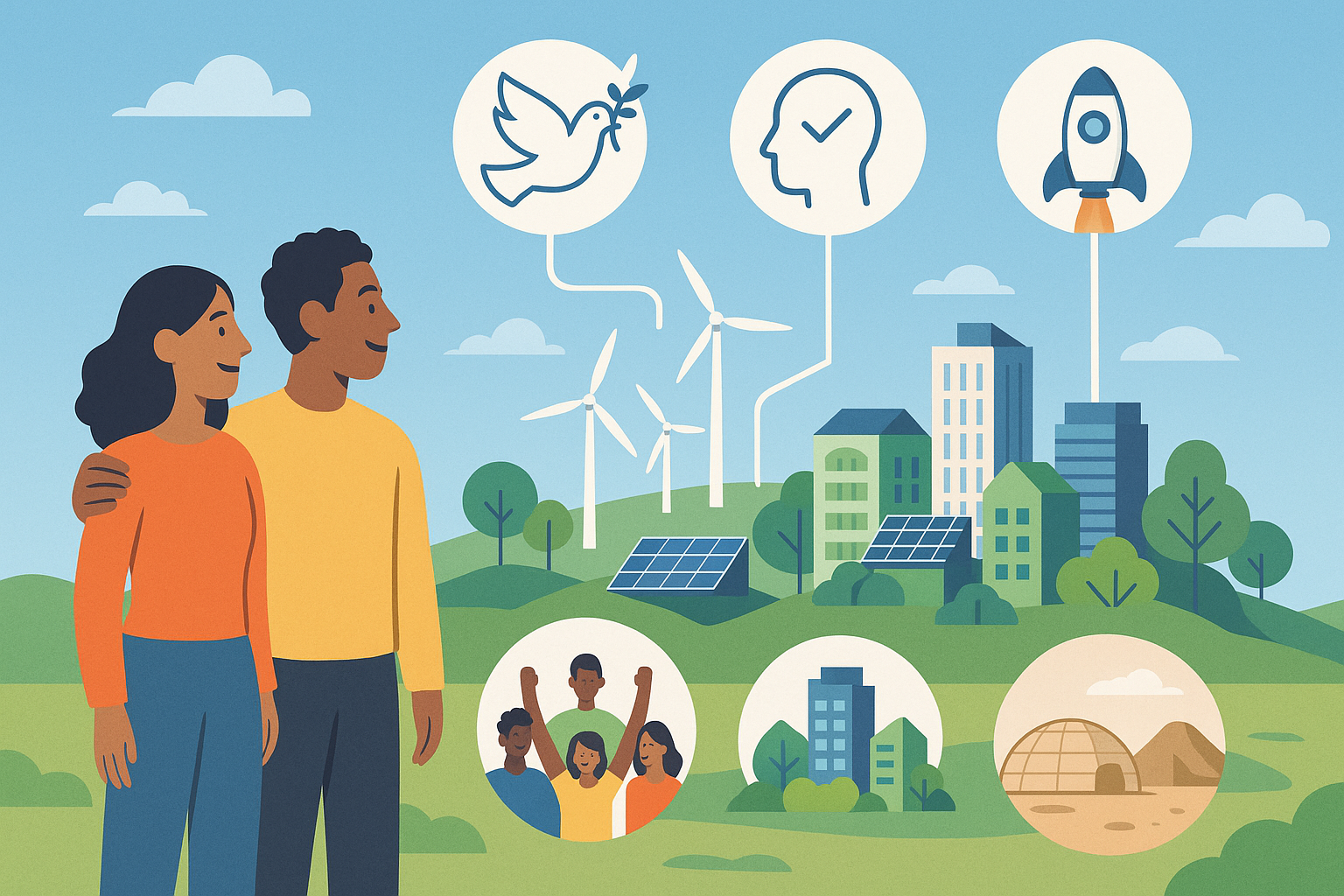
Sign up to receive new content on systems thinking and innovation about the world.

Architecting Peace: Staying Calm, Clear, and Authentic in a World of Constant Input
The modern world is not merely busy; it is structurally overwhelming. A substantial body of research describes information overload as a condition in which the volume, velocity, and diversity of incoming information exceed an individual’s limited cognitive processing capacity, leading to stress, impaired decision-making, and reduced well-being (Arnold, 2023; Shahrzadi et al., 2024). Research on technostress further shows that continuous digital connectivity—email, messaging platforms, notifications, and multitasking—places sustained demands on attention and working memory, particularly under conditions of existing stress (Kim et al., 2022). From a systems perspective, this means overwhelm is not a personal shortcoming or failure of discipline; it is the predictable outcome of operating a human nervous system with finite regulatory capacity inside an environment explicitly optimized to generate frequent, competing inputs.

The World as A System Optimization Problem
The last year, since starting Meaningful Systems, I’ve been thinking about the whole world as within scope of my systems thinking efforts. As a systems engineer who has worked on some of the hardest problems across aerospace, commercial electronics, and biomedical engineering I am very familiar with tradeoffs.
However, as systems thinkers and systems innovators we must look deeper into a problem and see how subproblems within the system interrelate and where tradeoffs exist. We also have to be on the lookout for “tradeons” these are the opposite of tradeoffs in that when you have two things you want to optimize for like health of the population and climate change, this thing could potentially improve both rather than having to optimize for one or the other. This is related to symbiosis or symbiotic relationships in biology; there can also be symbiotic relationships between different parts of a complex system. For this blog, I’ll use the term “tradeon” because I think it is more clear as the opposite of a tradeoff. A tradeon, in short, is any intervention that improves multiple goals at once instead of forcing a compromise of the goals when making a choice.

Moving from a Side Effect to a System Architect: A Guide for Meaningful Life with Einstein and Frankl
I have been spending my evenings lately in the company of two giants who, at first glance, seem to inhabit different universes. On one side of my desk sits Albert Einstein’s collection of essays, The World As I See It (1934), and on the other, I have just finished revisiting Viktor Frankl’s haunting masterpiece, Man’s Search for Meaning (1946).
Read back-to-back, these texts offer a startling contrast. Frankl writes from the absolute depths of the human experience—the concentration camp—finding light in the microscopic freedom of the individual mind. Einstein writes from the vantage point of scientific observation, looking at society holistically and systematically with a mixture of awe and concern. Yet, when you overlay their blueprints for living, a powerful synthesis emerges. It is a synthesis that explains why our current world feels so fractured, and it points directly to the mission of this blog: the urgent need to create Meaningful Systems.

Inclusive Innovation Culture: A Vision We Can Share
The last few years, I have been doing a fair amount of thinking about what constitutes Inclusive Innovation Culture. Initially, it all started when my corporate goals asked me what I would do to drive such a culture. I decided I wouldn’t just write a goal statement—I would try to live it. I created a club dedicated to inclusive innovation, a place where people from across the organization could gather, share ideas, and wrestle with real problems together.
The purpose of this blog post is to reflect on how such values apply not only inside a company, but also to social networks, to our broader communities, and even to how we speak to each other at home and online.

Is Climate Change Real — And Why Should We Care?
I’ve always believed in science and as an engineer, I like to stress-test assumptions. Some people might ask: if Earth was warmer in the age of the dinosaurs, why should we believe today’s warming is different, or that it’s caused by us? I turned to the record—satellites watching Earth’s glow, ships and floats measuring the oceans, ice cores drilled from two miles down—and I asked for everything in plain numbers: watts, joules, and parts per million. I wanted units a curious kid or a tough-minded engineer could track across a dinner table.
What came back wasn’t subtle. Yes, Earth has been hotter. What’s different now is the speed. Nature’s thermostat drifts in slow motion; ours is a hand on the dial. To make the story concrete, I compressed centuries of climate physics into three pictures: jellybeans for greenhouse gases, nuclear reactors for continuous trapped heat, and a rainforest ledger for the give-and-take between emissions and the planet’s natural sinks. According to NASA, “Overall, Earth was about 2.65 degrees Fahrenheit (or about 1.47 degrees Celsius) warmer in 2024 than in the late 19th-century (1850-1900) preindustrial average. The 10 most recent years are the warmest on record.” (NASA, 2025.). Furthermore, “Scientific evidence for warming of the climate system is unequivocal,” according to the intergovernmental panel on climate change.


Building a Post-Quantum Password Vault: A Learning Journey
Over the last few weeks, I’ve been exploring one of the biggest security challenges of our time: what happens to our data when quantum computers arrive?
Quantum computers aren’t just “faster” versions of today’s computers. They operate on entirely different physics. Using quantum bits (qubits), they can run algorithms that exploit superposition and entanglement to solve certain problems exponentially faster than classical computers. That’s great for science and medicine, but it’s concerning for today’s security.

What Is the Most Meaningful Problem of All?
Over the last few months, I’ve been asking myself a big question:
What is the most meaningful problem of all?
At first, my focus was on climate change. I experimented with modeling Earth’s climate using bond graphs (a modeling language for dynamic systems), and I’ll likely share more about that in future posts. But as I thought more deeply, I remembered that climate change is actually a sub-problem of something larger: the survival of the human species.
Survival brings to mind other existential threats—such as preventing nuclear war through world peace and strengthening mental health to reduce the drivers of conflict. Slowing, stopping, or even reversing climate change also fits here as a key sub-problem of survival.
Then last month, I watched a film about human trafficking. It struck me that no matter how much money is poured into defense budgets, human trafficking may never be entirely eradicated. That realization saddened me—but it also reframed my thinking. If stopping trafficking is not strictly required for human survival, maybe survival itself is the wrong problem to optimize for.
So, what is higher than survival?

From Quarks to Cosmos: A Hopeful Journey Through Abstraction and Systems Thinking
Since launching Meaningful Systems in January, I've found myself exploring ideas that span from the quantum scale to the cosmic. And with that exploration has come something unexpected: a growing sense of hope. When you begin to see the world as a collection of interconnected systems—and realize that we can learn to navigate and shape those systems—it opens up new possibilities. I’ve rekindled my own personal freedom to explore new abstractions—zooming in and out of problems until I land at the level where something meaningful can actually be done. In systems thinking, this isn’t just a mental exercise; it’s a key dimension. One that helps us cut through the noise, decompose complexity, and recombine parts into solutions that actually work.

Sustainable Innovation: Why Companies Must Build for Longevity & Long Term Support
Imagine a world where the products you buy are designed to last a lifetime. Where your car could drive a million miles, your computer remained secure and functional for decades, and your phone evolved with you instead of being replaced every few years. Unfortunately, this is not the world we live in today.

Systems Thinking for Everyone: A Guide to Navigating Life's Interconnectedness
We often view our lives as a series of isolated events: a challenging workday, a difficult conversation, a missed deadline. But the reality is that our lives are complex systems, intricate webs of interconnected elements that influence and shape each other.
Meaningful Systems Can Change The World
Meaningful Systems Can Change The World. The reason I started Meaningful Systems LLC, is I wanted to make a significant impact on the world. There are so many meaningful problems to be solved and the world needs more systems thinkers and innovators. By providing information, training, resources, systems thinking ideas, and other creations, my hope is to have a compound or multiplicative effect.

